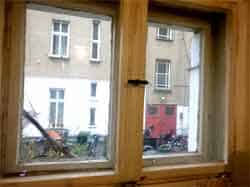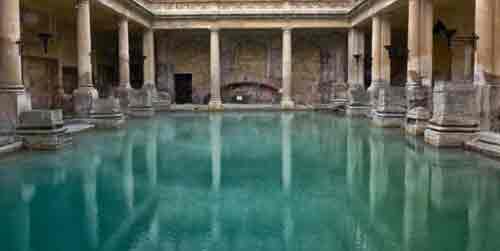Double Glazing in Europe vs. Australia

100 year-old double glazing in Berlin.
Over the last week, I Connected on Linkedin with Dimitri Geleen, who’s a creative IT professional with broad experience in Project Delivery, IT Ops and Business Analysis. Dimitri works in Berlin. So what’s the connection with double glazing, you ask?
Well, in the course of our discussion, Dimitri mentioned that he has double glazing. Now that’s hardly surprising. In most of Europe, double glazed windows and doors are the standard. In many cases, it’s triple glazing. Of course, in Australia, we’re very late to the double glazing game, and still trying to convince the local building industry to recognise that double glazing should be our standard, too. If we really cared about housing affordability, we’d give weight to the value of cutting our ridiculously high heating and cooling bills.
Anyway…. I asked Dimitri to tell me a little about his use of double glazing. So he did. Tell me a little. But, the little he told me was very powerful.
He sent me the photo you see above, with the words
“I made a picture of my little private office in Berlin with almost over 100 year old double glazing. Thought you might enjoy that.”
Enjoy that? I LOVE it. Shows that local practice is 100 years behind Germany.
So, are you a little shocked that we’re 100 years behind Germany? Well, buckle up your seat belt, because we’re some 2000 years behind the Romans!
Double Glazing In Ancient Rome
Yes, the ancient Romans used glass in windows, but not the clear glass we use today. Nevertheless, they went one step further.
According to Wikipedia, they found out that insulated glazing (or “double glazing”) greatly improved their ability to keep buildings warm, and this technique was used in the construction of public baths. Over 2000 years later, the vast majority of Australian homes still don’t have double glazing

The ancient Romans used double glazing in their Baths.
No slouches in the field of energy efficiency, the Romans also developed underfloor heating, which today usually takes the form of hydronic heating, circulating hot water through a concrete slab floor. Australia, catch up!



